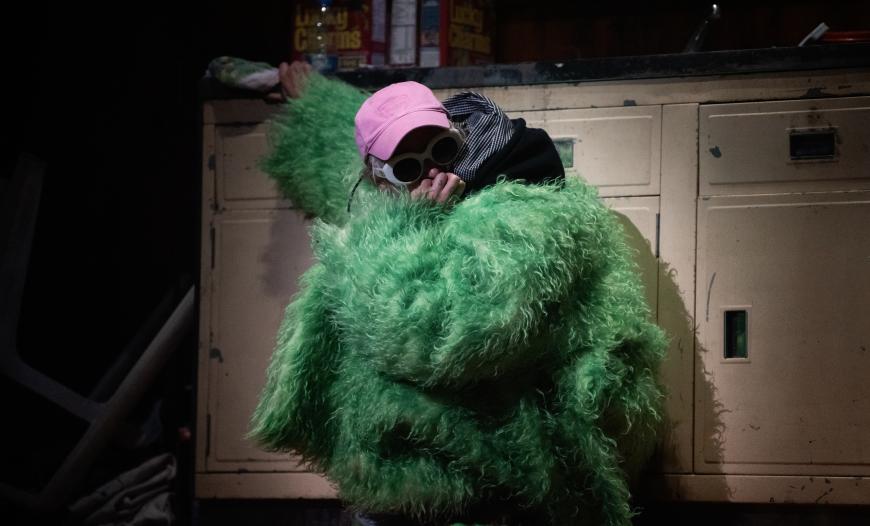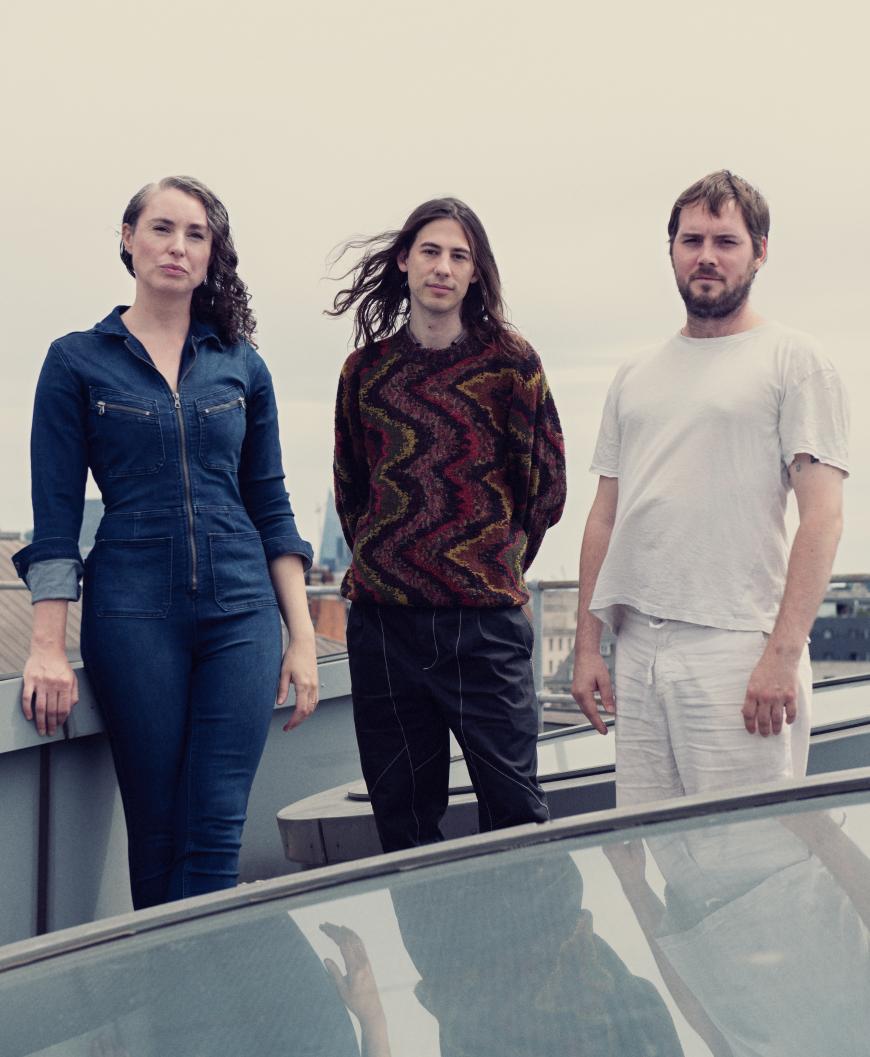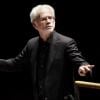
Once again, Walt Disney Concert Hall became an opera house on Tuesday night, Feb. 6. Last month, it was Richard Wagner’s Das Rheingold; this time, it was the U.S. premiere of Last Days, a new opera with music by Oliver Leith and libretto by Matt Copson that was unveiled in London at the Linbury Theatre of the Royal Opera House in 2022.
Last Days is an operatic transformation of Gus Van Sant’s 2004 film of the same name, which was produced by HBO and loosely inspired by the last days of Nirvana’s lead singer/guitarist Kurt Cobain. Not surprisingly, Disney Hall was said to be sold out — and the place looked it, despite the driving Pineapple Express rainstorm that made the trek treacherous. The crowd appeared younger than usual, and one wondered whether attendees were looking for something that wasn’t there. Cobain’s music, his grunge idiom — even Cobain himself, for that matter — were nowhere to be seen, heard, or referred to.

The Cobain estate wasn’t too crazy about Last Days the opera, accusing the Royal Opera House of trying to cash in on the troubled rock star’s fame. But Leith and Copson have come up with a work that far surpasses the film and also veers further away from the details of Cobain’s demise.
The film itself is pretty dull. In it, a doomed, drug-addicted musician named Blake (actor Michael Pitt) escapes from a rehab facility and stumbles around a green patch of the Pacific Northwest and his large, dilapidated house in the woods before finally taking his own life. Yet Leith’s gloomy, morbid, at times eloquent score of slow-motion dirges, threnodies, massive dissonant chords, cascading passages for strings, and special effects achieves what the film misses — establishing an immersive mood and ambience that draws you in instead of making you count the minutes until the end.
Under Copson and Anna Morrissey’s co-direction, the opening scene was shrouded in misty stage fog, making it a bit difficult at first to see what was going on. The stage was placed behind the orchestra, led with sweeping gestures by one of Britain’s best, Thomas Adès.
In the opera, Blake is played by a woman (actress Agathe Rousselle), who is virtually silent throughout the performance. Blake’s house is a boxy, rundown thing, with a simulated campfire burning to our left out in the open. The protagonist is little more than a walking corpse, seemingly living on nothing but boxes of Lucky Charms.
Two Mormon elders (tenor Arnold Livingston Geis and soprano Kathryn Shuman) pay a visit to try to convert the heathen, and the tenor turns out to be a cross-dresser. The elders are double-cast as “housemates” who, in league with other fanboys, cause general chaos and shambles as Blake tries to hide from the world. Whenever the wall telephone rings, it’s Blake’s manager trying to coax the rock star back into action; the voice consists of deliberately irritating babbling, which was helpfully translated by the supertitles.
Ultimately, it’s the resourcefulness of Leith’s score that sticks most indelibly in the memory. When Blake absentmindedly twirls the platter of a turntable by hand, the strings in the LA Phil New Music Group bent the pitches as if the turntable was slowing down and getting back to speed — a clever effect. There were a couple of beautiful Italian arias sung by a soprano, which are gathered on a 45-RPM single (for sale in the LA Phil Store). Toward the end, when Blake walks through the audience, up the aisle, and out of the hall — symbolizing the rock star’s suicide — an epilogue of twittering electronics, strings, falling snow, and a strikingly colorful nighttime forest put a haunting seal on the story.
It’s a shame there was only one performance of Last Days; given the turnout, the interest in the subject, and the quality of the score, the Los Angeles Philharmonic could have justified several more. The production was definitely worth seeing on its own terms and as a fulfillment of the missed possibilities of the film (still available on HBO’s streaming platform Max).




